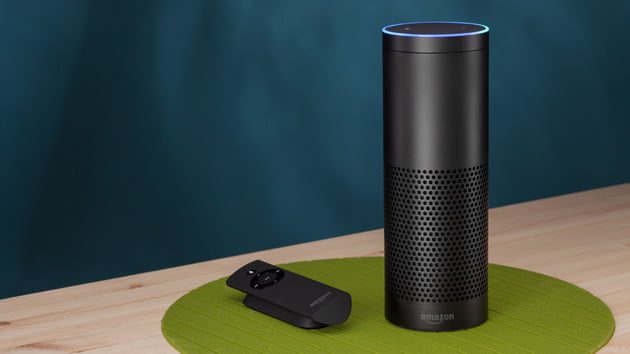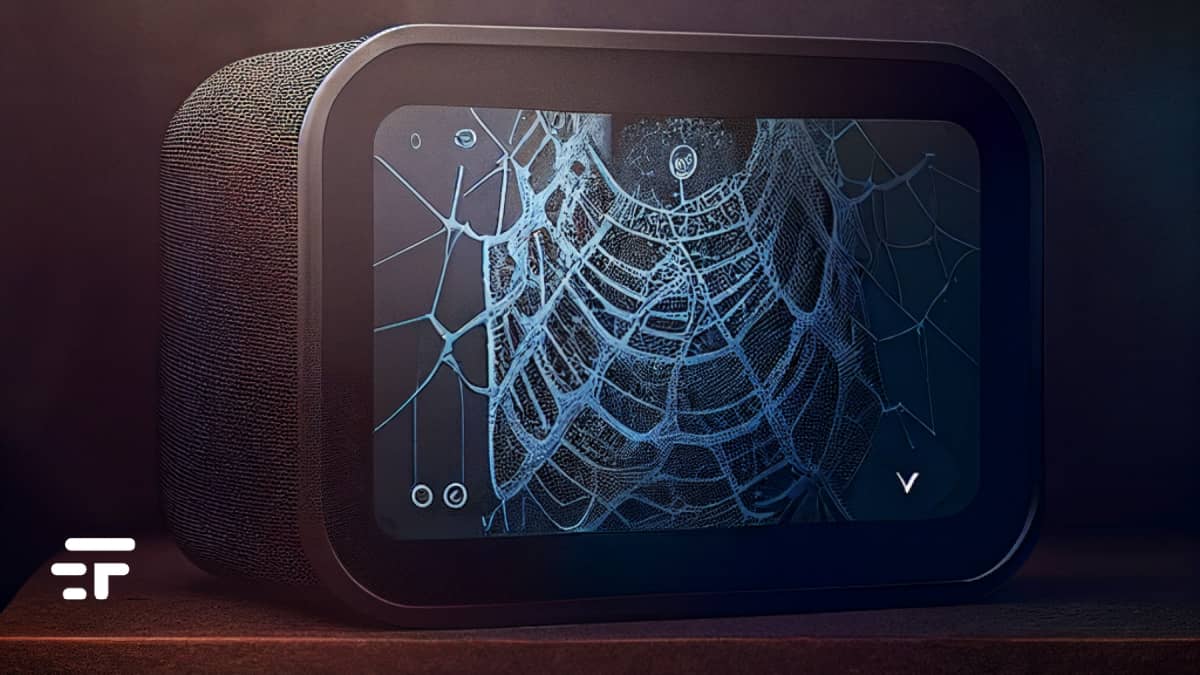The Amazon department that handles voice assistants might accumulate losses of 10 billion dollars by the end of this year. The Alexa team, once 10.000 members strong, has become a prime candidate for the cuts that Bezos' company has also decided to initiate.
Alexa, a great promise…
Amazon Echo debuted in 2014 and was the company's first real success as a hardware manufacturer. Although the first versions of voice assistants date back years (Siri debuted in 2011 on iPhones), the smart speaker only entered homes with Amazon's Echo. And it made a splash: Since its debut in 2018, Alexa-enabled devices have surpassed 100 million sales.
Amazon's strategy was almost military-like: The company sold the Echo device at cost to get people to use it to boost platform sales, but the smart speaker never became the significant sales driver that the company had hoped for. And I believe it: listening to Alexa describe a detergent for 3 minutes before asking me whether to order it is a terrifying user experience.

…Not maintained.
I think the big misunderstanding was born because, as mentioned, the initial sales of Echo have exceeded expectations within the company. After this exploit, Amazon (and others) started thinking about voice assistants as a new platform. He created an app store, Alexa Skills, hoping to spark the same wild innovation that Apple achieved by opening its App Store in 2008.
It has launched all sorts of products (TVs, light bulbs, microwave ovens) with Alexa built-in, hoping to make the assistant ubiquitous in people's homes.
Yet, the very existence of a platform was among the worst weaknesses of the Bezos group. Amazon doesn't control an operating system (like Microsoft or Apple) and it doesn't have a mobile platform (like Google or Apple). Amazon's tablets themselves have only a modified version of Android.
An enhanced clock radio
Amazon's internal data and user surveys have started to show a different reality. Voice commands are only great for a narrow range of tasks: setting a timer, playing music, knowing the weather. Is it true or not? Most people don't do much beyond that. Some people they even stop using the product after a few weeks.
In other words, Amazon has flooded the market with a huge army of powered clock radios. A paradox that carries a message: this technology has been really successful, and users find it really useful. They just don't think it's useful for many things, and big companies haven't found a way to make real profits with Alexa, or other similar devices.
Also Google has reduced investment in its Assistant, to focus on smartphones. And we want to talk about Cortana o Bixby (laugh)? They're practically stonewalled.
Alexa, how is this going to end?
The only company that doesn't suffer from the problem is Apple, with Siri. This is because Apple has chosen a different path: it sells the devices at a high price. Bezos' philosophy was "we want to make money when people use our devices, not when they buy them." And hoping to attract users with a low price, he turned Echo and Alexa into a basic gadget: cheap and unremarkable.
Nothing catastrophic, mind you: but if you want to know something more about the future of this Amazon sector, know that an "enhanced clock radio" cannot lose 10 billion dollars a year, nor give work to 10.000 people.


